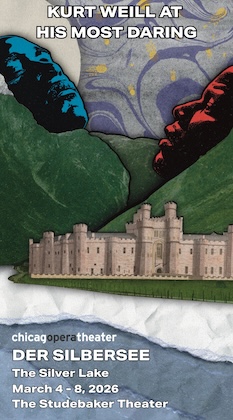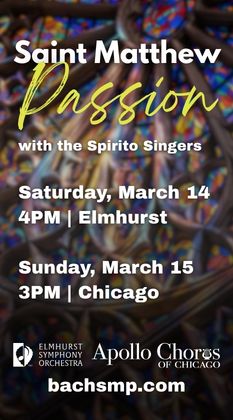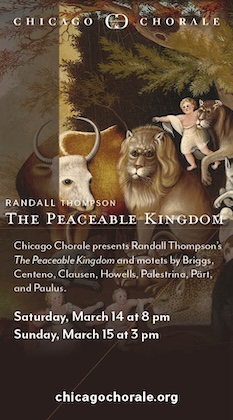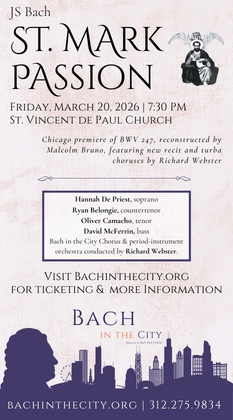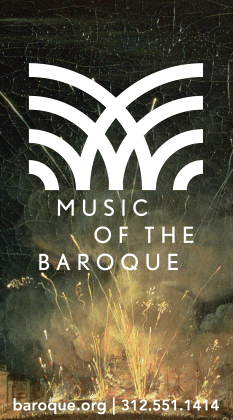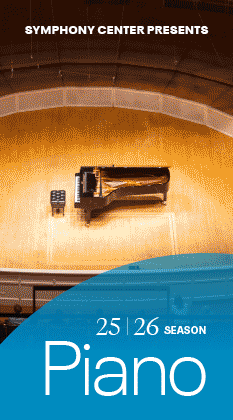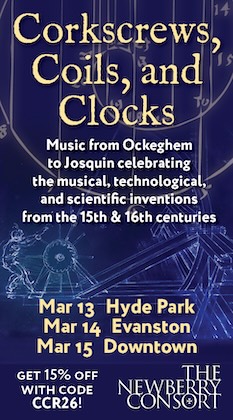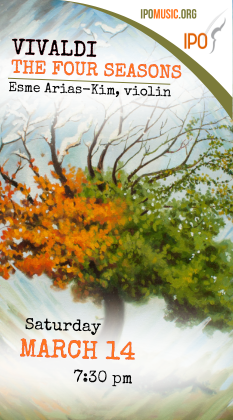Orion Ensemble serves up a Beethoven and Schubert trifecta
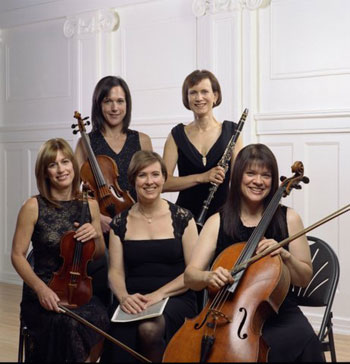
The Orion Ensemble offered an intriguing mix of repertoire on its program of trios Sunday evening at the Music Institute of Chicago in Evanston.
Beethoven’s familiar and lavishly dramatic Ghost Trio in D Major, Op. 70, no. 1, closed the program. But the opening two works — Beethoven’s Clarinet Trio, Op. 11, and Schubert’s String Trio in B-flat Major — provided the evening’s unexpected pleasures. In the slow movement of Beethoven’s Op. 11, the main theme had the kind of long, lyrical line we usually associate with Schubert. And Schubert’s trio, in turn, had some of the abrupt, mercurial flights and sharp harmonic shifts more typical of Beethoven.
Performed by pianist Diana Schmuck, clarinetist Kathryne Pirtle and cellist Judy Stone, the Beethoven Clarinet Trio got the evening off to a high-energy start. This is the Orion’s 19th season (Schmuck and Pirtle along with violinist Florentina Ramniceanu founded the group), and the players are entirely comfortable with one another. In the opening movement, they dug into Beethoven’s amiable main theme with gusto, Pirtle’s clarinet sounding mellow yet merry, Schmuck’s piano sending out invigorating, pointillistic sprays.
The sound throughout the piece was elegantly balanced, even when the musical conversation included highly contrasting voices. In the Adagio, the piano’s short phrases glistened above the low, expressive cello line and the clarinet’s lustrous melodies. In the final movement, a theme and variations, the three were responsive listeners, each vivaciously seizing and ceding the spotlight.
The balance was less even in Schubert’s trio, which featured Ramniceanu and guest violist Roger Chase along with Stone. Ramniceanu played with a bright, powerful tone, and she was fleet-fingered and confident in the mercurial first movement. But occasionally her aggressive sound overpowered the other two players.
In Beethoven’s Ghost Trio, however, that assertiveness served the music well. The slow second movement sounded appropriately haunted. Each player seemed absorbed in a separate vision — the violin halting and breathless as if transfixed by an unnerving force, the cello searching, while the piano maintained a strong but unsettled presence. When the robust finale arrived to break the tension, we sighed with relief.
The program will be repeated 7 p.m. Nov. 27 at Fox Valley Presbyterian Church in Geneva and 7:30 p.m. Nov. 30 at Roosevelt University’s Ganz Hall in Chicago. orionensemble.org; 630-628-9591.
Posted in Uncategorized
